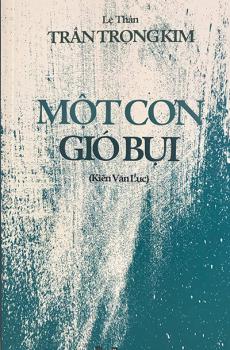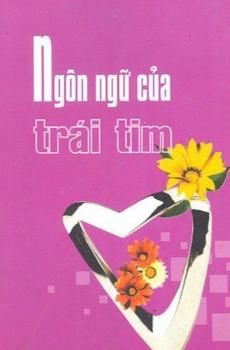Birch Bark Legends of Niagara
Birch Bark Legends of Niagara
Log in to download this book.
| Publisher | Chưa rõ |
|---|---|
| Accessible book producer | Public domain |
| Published year | 2012 |
| Coppy right | Chưa rõ |
My preface will be a few citations from reliable authorities to introduce to my readers the people of whom I write:
GOV. CLINTON, in a discourse delivered before the New York Historical Society, says: "Previous to the occupation of this country by the progenitors of the present race of Indians, it was inhabited by a race of men much more populous and much farther advanced in civilization; that the confederacy of the Iroquois is a remarkable and peculiar piece of legislation; that the more we study the Indian history the more we will be impressed with the injustice done them. While writers have truthfully described their deeds of cruelties, why not also quote their deeds of kindness, their integrity, hospitality, love of truth, and, above all, unbroken fidelity?"
WASHINGTON IRVING says: "The current opinion of Indian character is too apt to be formed from the degenerate beings, corrupted and enfeebled by the vice of society, without being benefitted by its civilization. That there are those, and a large class of them that have with moral firmness resisted the temptations, with which they have been surrounded, and command our highest esteem."
VOLNEY, the French Historian, pronounces the Iroquois "The Romans of the
West."
W. H. C. HOSMER, "The Warriors of Genesee."
ORSEMUS TURNER, in his History of the Holland Purchase, says. "The existence of the IROQUOIS upon the soil now constituting Western and Middle New York, is distinctly traced back to the Period of the discovery of America.
"Their traditions go beyond that period. They fix upon no definite period in reference to the origin of their confederacy. Their Councils were held along the southern shores of Lake Ontario, and upon the Niagara River, before the first adventurers, the Dutch, and French Jesuits appeared in the valley of the Mohawk; and there are evidences of a long precedent existence that corresponds with their traditions."
And their Council Fires are still kindled though they burn not as brightly as of yore. Nor do the young braves listen to the wisdom, or ever now in their Councils witness the allegorical or figurative language so beautifully illustrating the discourses of Red Jacket, Corn Planter, Farmers Brother and other Chiefs, thus eulogized by PRES. DWIGHT: "In strength and sublimity of their eloquence they may be fairly compared with the Greeks."
The INDIANS say: "We listen to your stories, why do you not listen to ours? Although civilized, you use not the rules of common civility."





